Millet has been used for centuries in many countries, where the people were familiar with its health benefits. It was a highly prized culture in China, India, Greece, Egypt and Africa, used to make bread, couscous and as a cereal culture.
This tiny grain is exceptionally abundant in vitamins and minerals, containing no gluten. It's rich in magnesium, calcium, manganese, tryptophan, phosphorus, fiber, simple sugars, group B vitamins, as well as antioxidants.
Because of its composition, millet acts as a probiotic, maintaining normal microflora in the body, providing serotonin, the level of which is important for mood in humans, it is easily digestible, regulates peristalsis by protecting against constipation and more. And because it's an alkaline food, millet is one of the few foods that also alkalizes the body.
Series of studies describe the benefits of each and every component found in millet. For example, the magnesium prevents migraines and heart attacks. Vitamin B3 (niacin) aids in lowering cholesterol and triglyceride levels.
The phosphorus, in turn, regulates fat metabolism and helps obtain energy in the body. These valuable components can help protect the body from type II diabetes (non-insulin dependent diabetes).
Some studies also show that the development of breast cancer can be prevented thanks to the fibers found in millet, as well as protection provided against the development of asthma in youth.
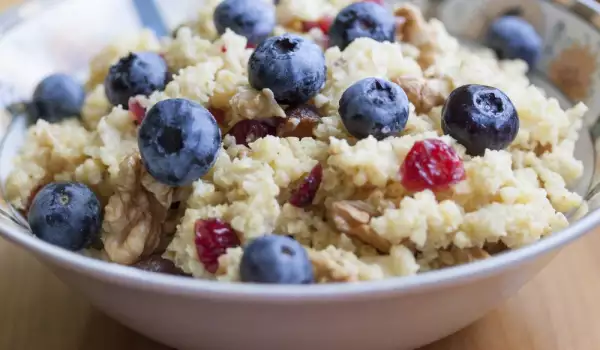
The simple sugars and abundance of fibers in millet make it an healthier food than wheat and rice. Additionally, taking it affects C-reactive protein, while researchers from Seoul, South Korea point out that it's useful in preventing cardiovascular diseases.
All varieties of millet have a high antioxidant protection. They do not contain allergens, making them suitable for use by people who are gluten intolerant.
Currently, the biggest producers of millet are China, India and Niger, with this cereal grain being the 6th most significant in the entire world. It feeds 1/3 of the population, being of substantial import to many families' dinner tables.
Millet can substitute rice in dishes, be put into salads, into oatmeal porridge, in baked goods, while in Africa and they use it to make baby food and more.
However it should be noted that the small millet grains also contain significant amounts of substances, capable of suppressing thyroid gland function. The advice here is to simply not overconsume millet, in order for only the healthy substances to be absorbed.
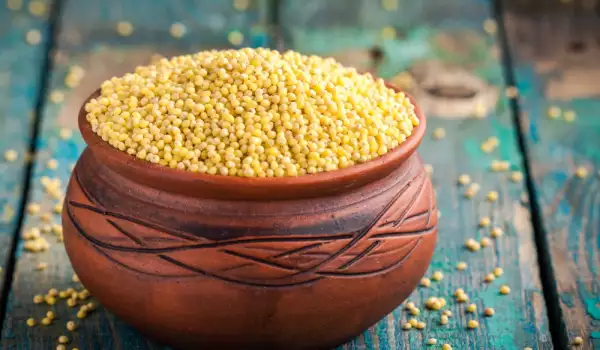
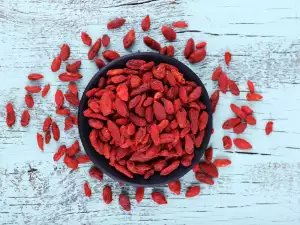




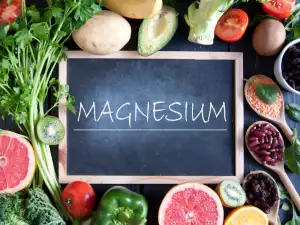
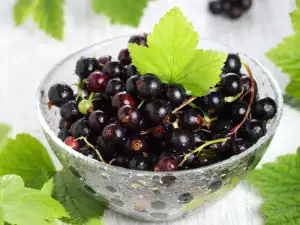
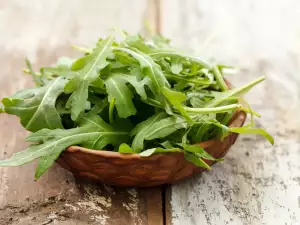
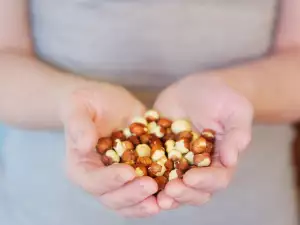

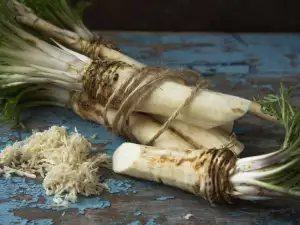
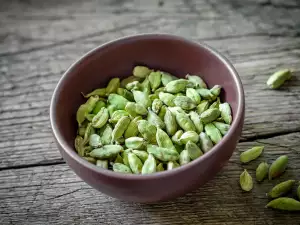
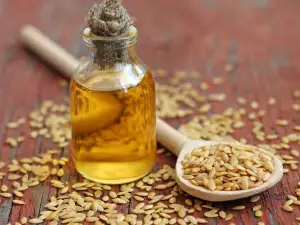

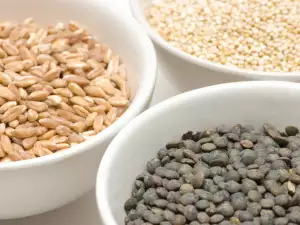




Comments